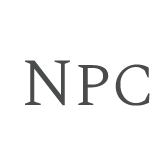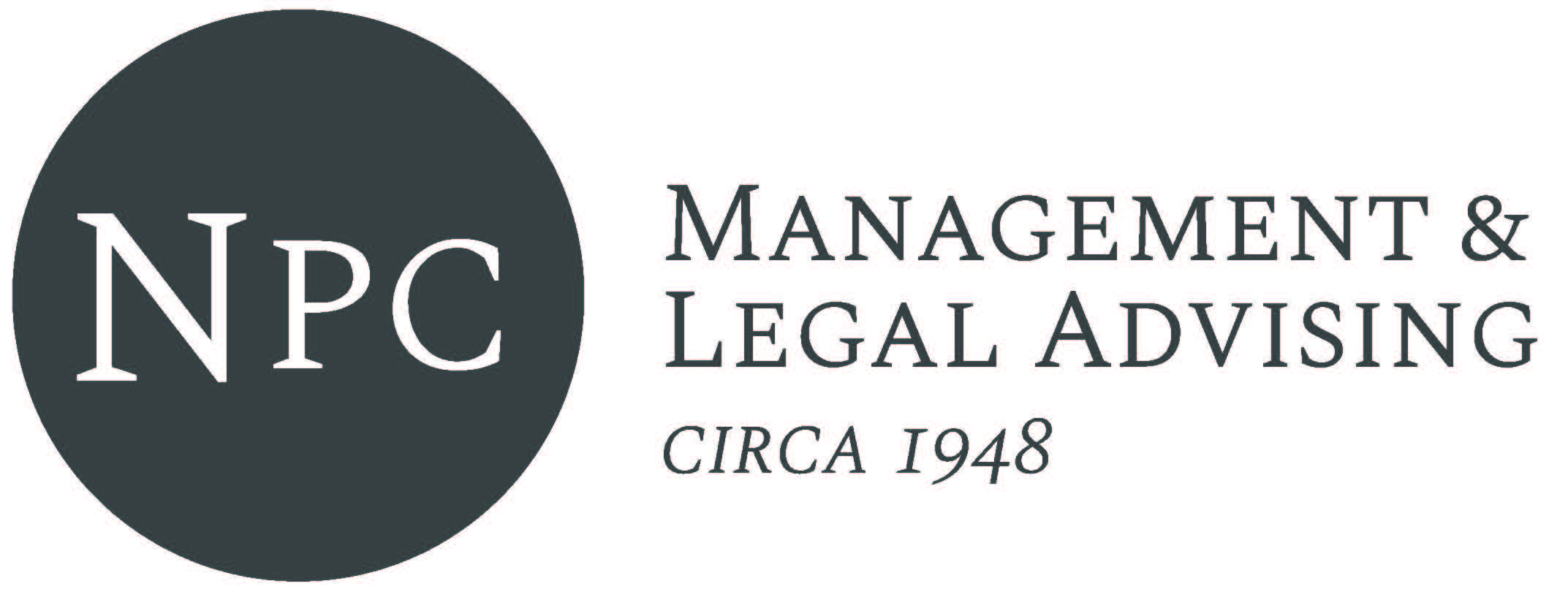The importance of a strategic and sound buy-sell agreement to a company’s long-term success simply can’t be overstated. A business that is built to last must have legally binding purchase agreement in place stating when and how a co-owner’s share can be purchased and for how much. Typically triggered by retirement, divorce, bankruptcy or death, the best buy-sell agreements protect the interests of business partners (and their spouses) while they protect the company’s profits during times of transition. Life insurance policies can be powerful tools for these critical buyouts—but only if you understand the pros and cons.
What type of buy-sell agreement is best for your company?
At Nicolosi | Galluzzo, our legal and insurance experts carefully craft customized buy-sell agreements for a wide range of clients, from closely held businesses to large public corporations. We know that there is no one-size-fits-all solution; surrounding circumstances must always be taken into account. However, broadly speaking, most companies will find themselves choosing between one of the two most common types of buy-sell agreements: cross-purchase life insurance agreements (also known as cross buy) and redemption agreements.
Cross-purchase, buy sell agreements are typically used as a small business solution and, in my opinion, are the best option for a closely-held family business or a closely-held company (a company with a limited number of shareholders). In most cases, a redemption of shares agreement will work best for larger companies. Both types of buy-sell agreements utilize life insurance policies for payouts and stock repurchase but differ in how the payouts are structured. No matter what your company’s current size, understanding the positive and negative impacts of using life insurance for a purchase agreement is critical to crafting the right buy-sell agreement for your company or family business.
The advantages of using life insurance policies for buy-sell agreement payouts
- LUMP SUM PAYMENT A cross purchase life insurance policy provides a large amount of cash after death to fund the buy-sell agreement.
- QUICK ACCESS TO FUNDS In most cases, life insurance claims are paid promptly and ready access to these funds can accelerate the buy-sell transaction.
- TAX CONSIDERATION The payment of a life insurance policy is almost always protected from income tax. More of the money can be used to fund the stock redemption agreement. (Life insurance payments may still be subject to estate tax and federal gift tax, and C-corporations may be subject to the alternative minimum tax, or AMT.)
- AVAILABLE DURING YOUR LIFE You can benefit from your life insurance policy during your life. For policies with sufficient cash value, funds can be accessed to purchase business interest following retirement or disability.
The disadvantages of using life insurance policies for buy-sell agreement payouts
- AFTER-TAX DOLLARS Because life insurance premiums are generally not considered a tax-deductible business expense, policies are funded with after-tax dollars.
- KEEPING UP WITH PREMIUMS Paying the premiums on a life insurance policy is an ongoing expense for the duration of the buy-sell agreement.
- DIFFICULTIES OBTAINING COVERAGE The age or health of co-owners of the business may make it impossible or very expensive to purchase a policy.
- DISPARITY IN PREMIUMS In companies (like a family business) where the age range of the co-owners is wide, younger owners may find themselves subsidizing the higher premiums of older owners in the buyout agreement.
- DISPARITY IN OWNERSHIP PERCENTAGES Similarly, in companies with higher variances between ownership interests, the owners holding a larger percentage of shares may need significantly higher cross purchase life insurance coverage—at a correspondingly higher cost—than other owners.
At Nicolosi | Galluzzo, we have years of experience determining the appropriate balance between the financial interests of co-owners and the company’s cash flow and long-term stability. We help our clients maximize the potential of life insurance policies as funding mechanisms for buy-sell agreements while mitigating the expense and risk.
If your company or family business is engaged in long-term succession planning, sit down with a personal advisor from our skilled Business Transition team today.

